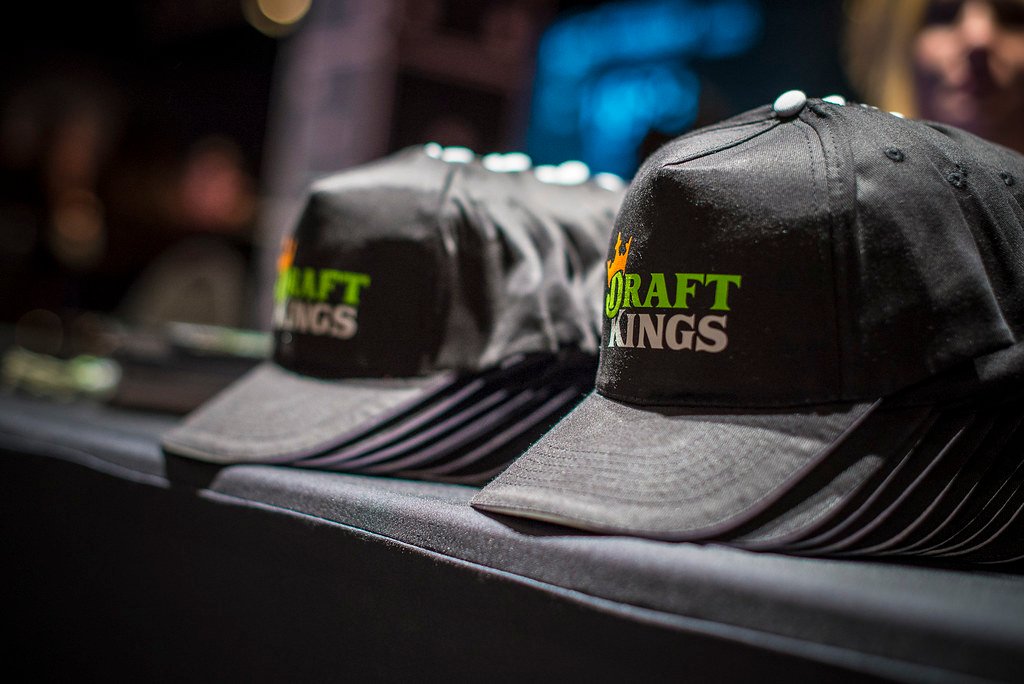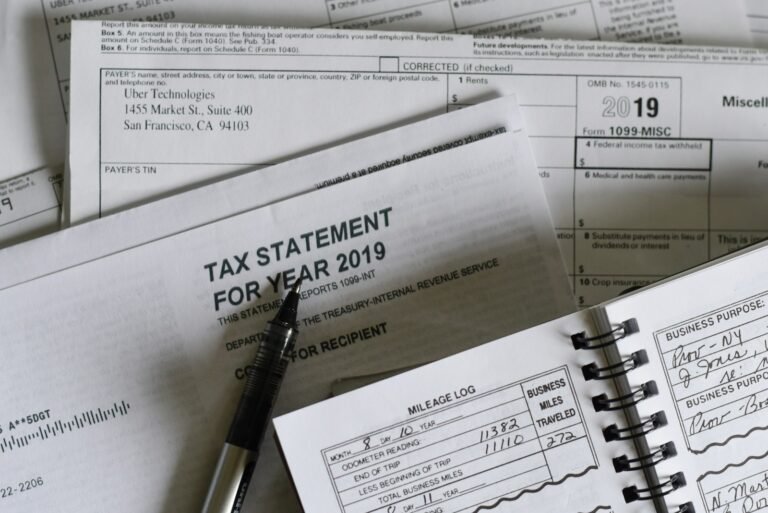
Sports betting giant DraftKings has agreed to pay $10 million to resolve a class action lawsuit alleging the company unlawfully sold non-fungible tokens (NFTs) as unregistered securities and operated its DK Marketplace as an unregistered securities exchange. The proposed settlement, which awaits preliminary court approval, could provide compensation to individuals and entities who purchased, sold, or held DraftKings NFTs between August 11, 2021, and the date of final judgment in the case.(Read Brief)
The lawsuit, filed in federal court, accused DraftKings of misleading investors by selling NFTs that functioned as unregistered securities. According to court documents, DraftKings profited from initial NFT offerings and collected a 5% commission on secondary market transactions within its DK Marketplace. The platform also promoted “gamified NFTs,” which allowed users to earn cash prizes, further incentivizing investment in the digital assets.
The plaintiff argued that DraftKings’ practices violated securities laws, leaving investors with NFTs that became effectively worthless after the company shut down its NFT marketplace in July 2024.
Who Is Eligible for Compensation?
The settlement covers anyone who bought, sold, held, or otherwise transacted with DraftKings NFTs during the class period. To receive a payout, claimants must file a valid claim form online or by mail with supporting documentation. The official settlement website, DraftKingsNFTSettlement.com, provides detailed instructions for submitting claims.
How Payouts Will Be Calculated
Settlement payouts will be based on each class member’s “recognized loss,” calculated as follows:
- Total Purchases: The amount paid for all NFTs purchased in the primary market (NFT “drops”) and secondary market (DK Marketplace).
- Subtractions: Any amounts received from NFT sales on the secondary market, DraftKings’ Marketplace shutdown offer, or prize contests.
The claims administrator will then determine each claimant’s pro-rated share of the settlement fund by dividing their recognized loss by the total recognized losses of all class members. Payments of at least $5 will be distributed to eligible claimants.
What Happens to Remaining Funds?
If funds remain after the initial distribution, they will be used to cover omitted payments, additional administrative costs, and a second round of distributions to authorized claimants.
Plaintiffs’ attorneys described the $10 million settlement as an “excellent recovery under the circumstances,” representing approximately 26% of the midpoint of potentially recoverable damages, estimated between $18 million and $58 million.
The plaintiff filed an unopposed motion for preliminary settlement approval on February 26, 2025. If approved by the court, the settlement will move forward, providing relief to investors who suffered losses due to DraftKings’ NFT practices.
What Investors Should Do
Eligible class members are encouraged to visit DraftKingsNFTSettlement.com to file a claim or learn more about the settlement. Claims must be submitted by the deadline to qualify for compensation.
NFTs came into the light during the cryptocurrency era, sometime in 2021, advocates promoted encouraging everyday customers to take part in the digital currency market. Unfortunately, they’ve since fallen away, with sales of NFTs below 59% in 2023.
GameStop, the world’s largest retail gaming and trade-in destination for plantations introduced an NFT marketplace in the summer of 2022, walked away from the the non-fungible token business, their reasoning was due to regulatory uncertainty surrounding the larger cryptocurrency market.
Concurrently, the U.S . Treasury Department released a report in May which reveled that NFTs are “highly susceptible” to fraud, theft and scams. Such platforms lack, internal control giving rise to money landing, sanctions evasion and terror financing.
“Additionally, criminals use NFTs to launder proceeds from predicate crimes, often in combination with other techniques or transactions meant to obfuscate the illicit source of funds. Criminals can exploit vulnerabilities related to characteristics of NFTs, the assets or entitlements that they reference, and regulatory frameworks in the United States and abroad,” the assessment revealed..


